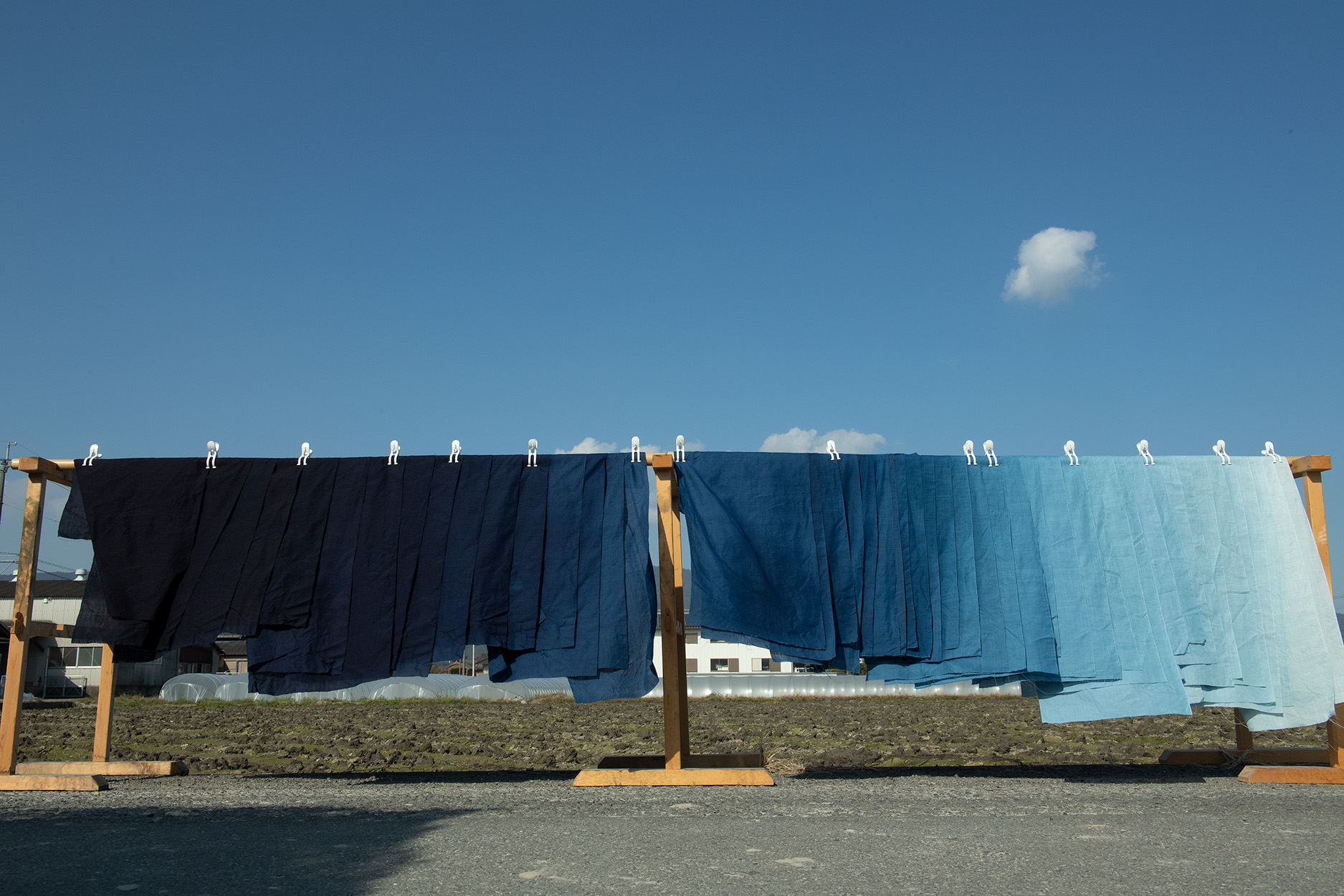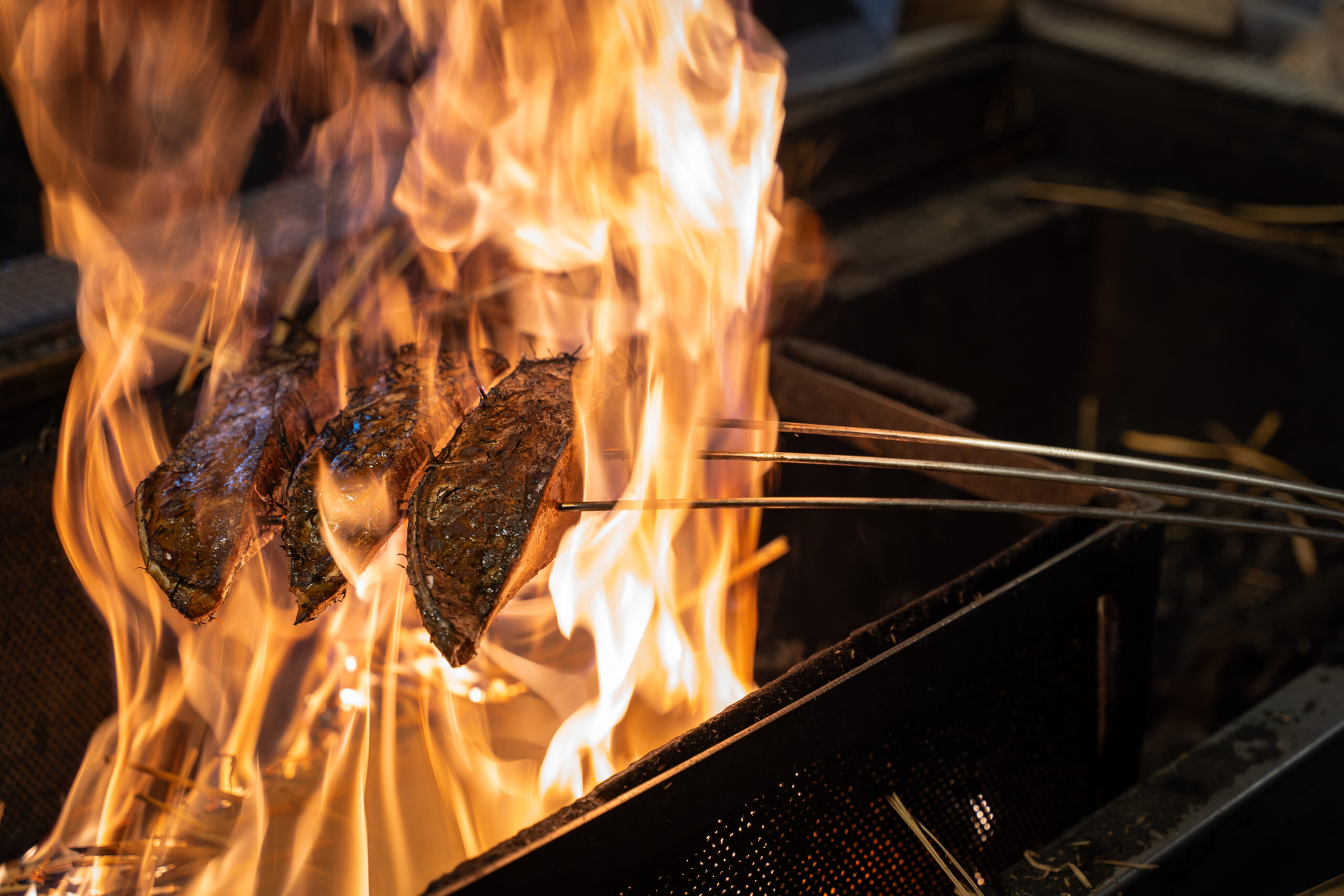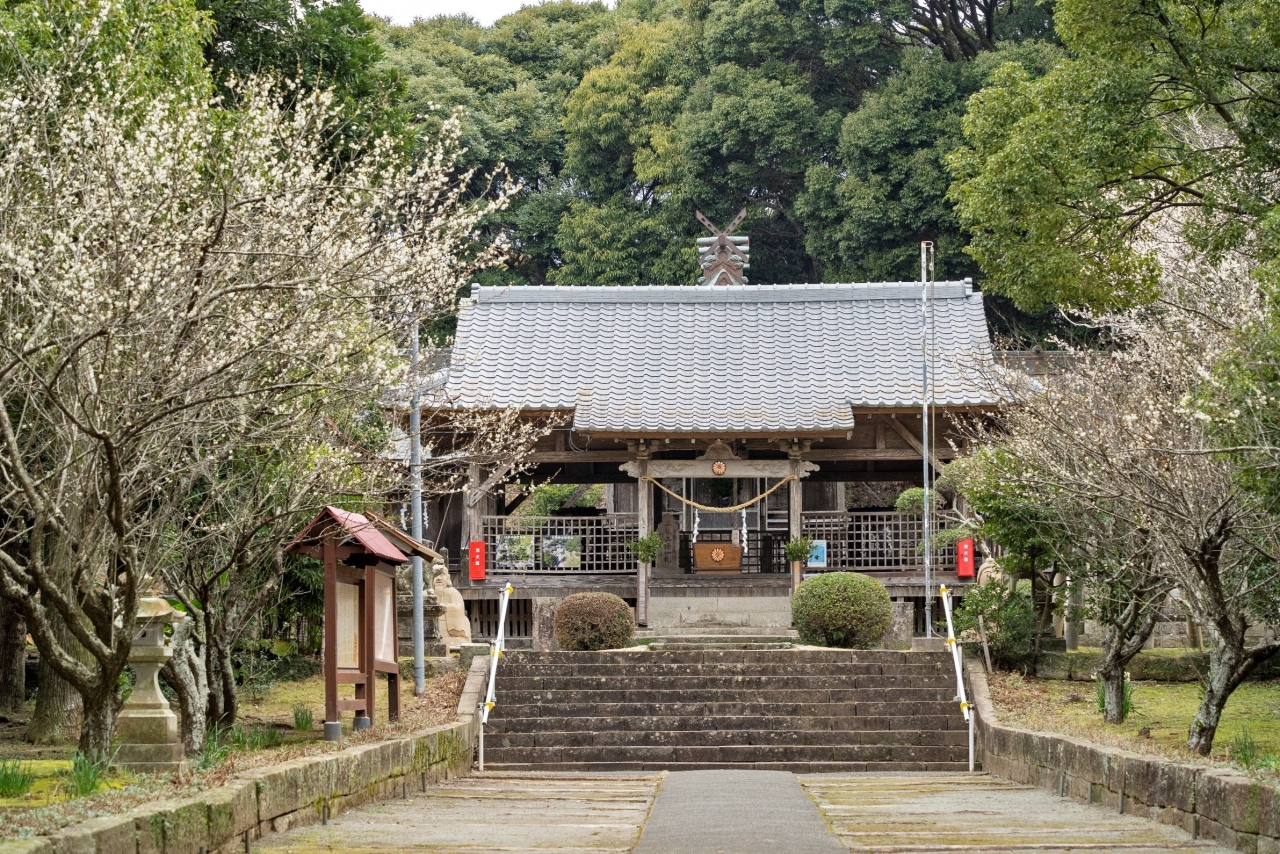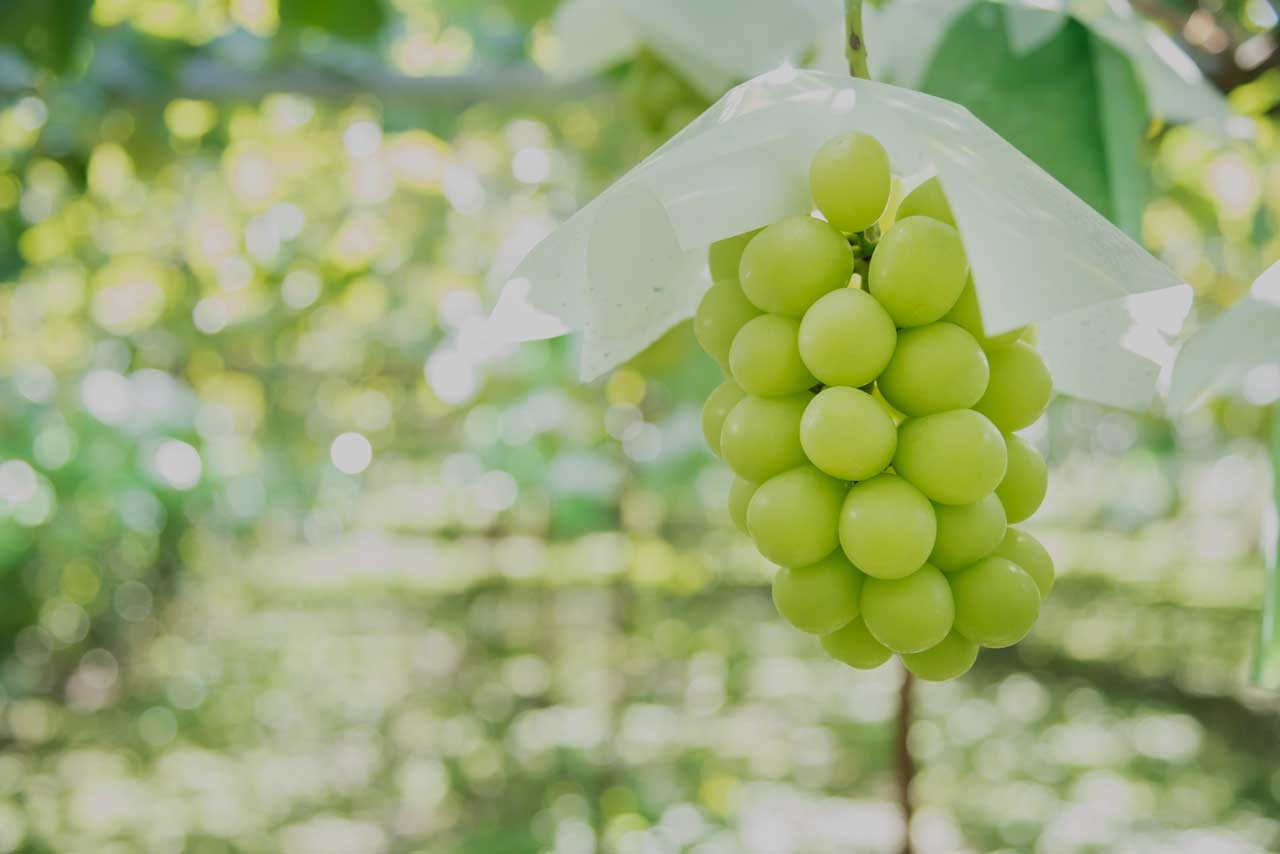
Year-long Grape Production in the Northern and Southern Hemispheres to Transform Japanese Agriculture and Create New Lifestyles
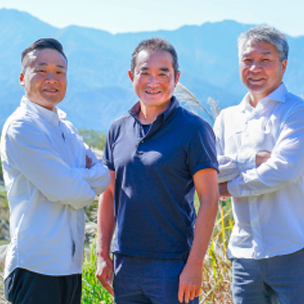
Osamu Oba, Shin Koizumi, and Yusuke Kaburagi
Representative Directors of GREENCOLLAR, Inc.
Modifying ‘the Strength of an In-house Business’ to Tackle Social Challenges and Create Better Lifestyles
Japanese fruits are world-renowned for their high quality. Behind the scenes, however, the fruit industry in Japan is facing numerous challenges, such as the aging and ensuing decline in number of producers and the rise in competition with other countries. GREENCOLLAR, an in-house venture company from Mitsui Fudosan, was established in 2019 as part of Mitsui Fudosan group’s new business proposal system, MAG!C. GREENCOLLAR’s business is to cultivate Japanese table grapes in Japan and New Zealand, two countries with opposite seasons, and to sell them around the world. In addition to tackling social challenges through its business, GREENCOLLAR is proposing a completely new lifestyle that is neither white collar nor blue collar, but “green collar”.
Chapter.01 A Real Estate Developer’s Entry into an Entirely New Sector
GREENCOLLAR’s mission is year-long grape production in the northern and southern hemispheres and global sales. The company’s three representative directors previously worked at Mitsui Fudosan’s office building department, and at first glance, their proposal for a grape production business appears far-removed from Mitsui Fudosan’s main business.
“We often get asked why Mitsui Fudosan set up a grape production business. Simply put, it was another proposal from a company that has for many years engaged in urban development and aligned itself with various lifestyles,” say Oba and Kaburagi.
They go on, “Grape businesses require large initial investments and recovering these funds takes time. As such, there are significant barriers to enter for both individuals and corporations. On the other hand, once the operation is up and running, the business can yield comparatively stable profits over the long term. In this sense, the business structure is quite similar to that of a real estate developer.” When looking at the business in this way, the reasons for Mitsui Fudosan’s entry into a new sector become clear.
While Japanese grapes are known worldwide for their high quality, the industry itself is confronting various issues.
In grape cultivation, there is a significant difference in workload between the peak season and off-season, and so there are huge challenges with year-round employment and training. As such, there are many cases in which prospective farmers give up on their ambitions due to the inability to find year-round employer, or in which farmers who have joined the industry cannot acquire the necessary skills and techniques and drop out as a result. Elsewhere, cultivation of the recently popular Shine Muscat variety has skyrocketed overseas due to the outflow of seedlings, and despite being a Japanese variety, on the global market Japan lags behind. Further, countries overseas are proactively moving forward with the development of new varieties for the future, and so there are concerns that the competitiveness of Japanese grapes is on the decline.
GREENCOLLAR is confronting these issues through the establishment and promotion of a vertically integrated business model that combines the development of new varieties, production, and sales. Engaging in production through two hubs with opposite seasons ensures stable year-round employment and facilitates the early acquisition of the necessary techniques. Further, through global sales of its original GOKU SHUN brand, which highlights the superiority of Japanese varieties and quality, GREENCOLLAR is working to increase the presence and value of the brand. The company is also engaged in the development of new varieties, aiming to stimulate similar development efforts across the industry.
In today’s society, perhaps profitability and solutions to social challenges are precisely what is required of a major company’s new business endeavor.

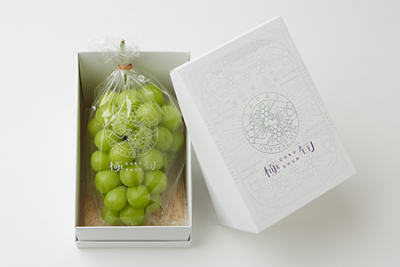
Chapter.02 Living with Nature. Realizing to Make New Lifestyles through Agriculture
“At GREENCOLLAR, our vision is ‘Living with nature’. The company is proposing a new, green-collar way of life in which work and life outside of work are joined together in a positive manner. ”
As global society seeks to improve people’s wellbeing, the company believes that by having its employees, farm visitors, and volunteers experience this way of life, it can drastically change the image of agriculture and make it something more familiar. Further, with the rise in number of people moving to rural areas, an increase in individuals with two-base residences, and more people working multiple jobs, the idea is to arouse interest in agriculture through GREENCOLLAR’s business and make agriculture more relevant. To enhance the level of agriculture as a whole, increasing the number of people who want to work or become involved in the industry is paramount.
Representative Director Osamu Oba says, “While predominantly working toward the creation of a highly profitable business by boosting scale, efficiency, and added value, we place particular value on tasks that can and should be done manually, while we also think it important to enjoy the work using our minds, bodies, and senses to engage with nature. Ultimately, this leads to the creation of attractive, high-quality grapes. ”
Live as a human. In Japan, where it is no longer the norm to simply retire at retirement age, perhaps this new green-collar style is one path to work towards.
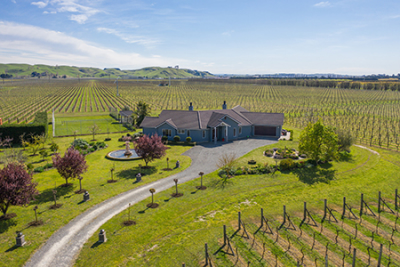
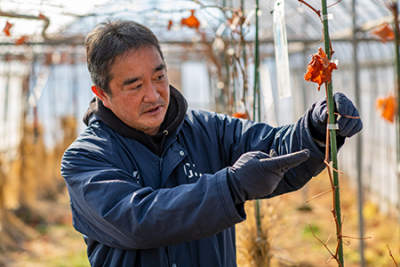
Chapter.03 Involving Others as One Team and Continue Progressing Forward
Osamu Oba, Shin Koizumi, and Yusuke Kaburagi are the company’s three representative directors. Each works in a different location, utilizing their individual qualities to drive the business forward. Oba is responsible for building the foundations of grape production and the green-collar style at Yamanashi Prefecture, while Koizumi is leading grape production and the construction of new farms in New Zealand. Kaburagi, meanwhile, works in Tokyo on business management and brand development, that has rarely been a part of agriculture to date. With different ages, personalities and specialties, the trio’s approach is unique as they complement one another while making use of their individual strengths. Their decision to launch a grape business was made when they met Tetsuya Higuchi, the representative director of Budou-Senshin. In 2014, Higuchi expanded his grape business into New Zealand from the ground up. The trio were particularly inspired by Higuchi’s desire to sustain Japanese grape cultivation techniques at all costs, as well as his generous demeanor.
Various junior employees also joined GREENCOLLAR with a desire to use their career experience to contribute to regional revitalization through grape production. Their backgrounds are wide-ranging, from employees who trained in wine-making in France and former Self-Defense Force members to those involved in music industry and grape industry at the same time. These engaging, passionate employees are working together to take on the global market. In other areas, former New Zealand rugby international and former head coach of the Japan national team John Kirwan sympathized with this business, and has been appointed as executive adviser.
Learning the techniques to cultivate high-quality grapes, coexisting with nature and feeling pressure against company management with unfamiliar experience—At GREENCOLLAR, everyday is a challenge. Using the individual and complementary strengths of its workforce, and working with a wide range of partners including Tetsuya Higuchi and John Kirwan, GREENCOLLAR is working as one team toward the same goal, which is to be the driving force behind its success.
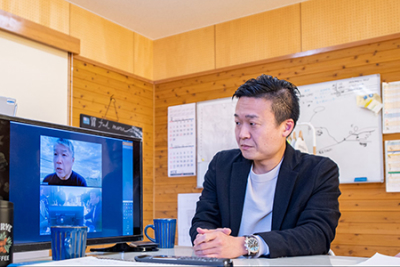
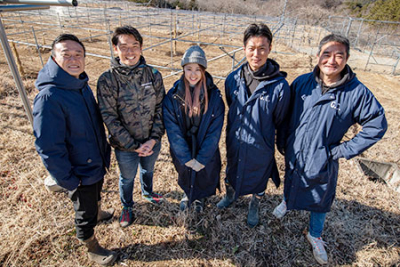
In putting together this article, the positive, upbeat nature of everyone involved left a particular impression on me. No matter what hardships they spoke of, the conversation was always accompanied with a smile. Even I couldn’t help but smile when the team’s diversely talented members played live music amid our natural surroundings or cooked stunning dishes on traditional kamado stoves.
In Japan, while it is the norm to send high-quality fruits as gifts, this is not common practice in Europe or the US. If GREENCOLLAR can succeed in its branding activities, I am convinced that their products will quickly spread throughout global markets. Future developments could include new unique mechanisms for the fruit industry and collaborative agriculture involving local business owners. I am in no doubt that the new workstyles proposed by GREENCOLLAR will create an attractive industry and new lifestyles for Japan to aim for.
Written by・Atsuo Ohki
Interview Date: Jan.19.2022
The content of this article is as of the interview date.


